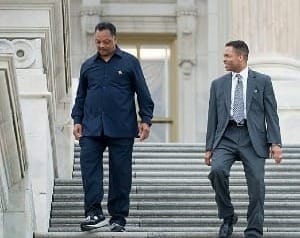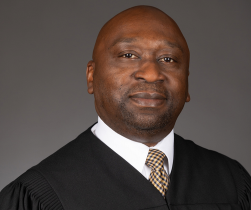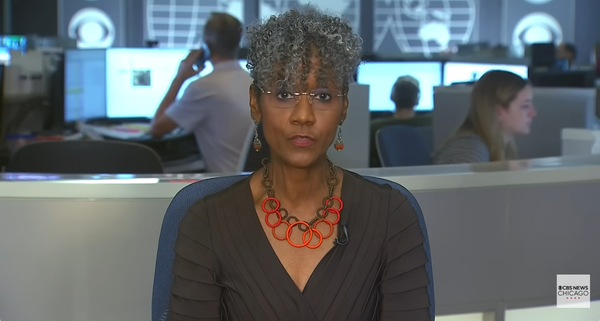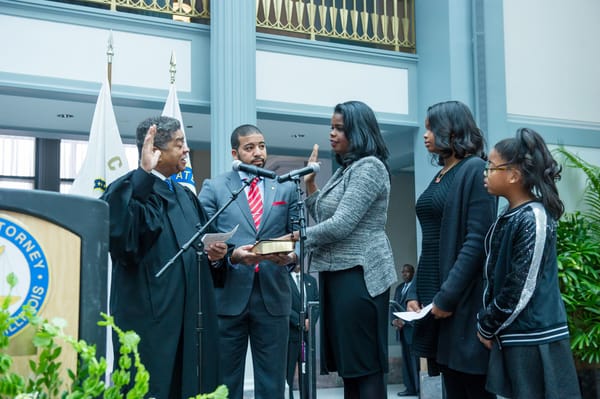Misleading testimony to grand jury isn't enough to dismiss indictment, Illinois high court says
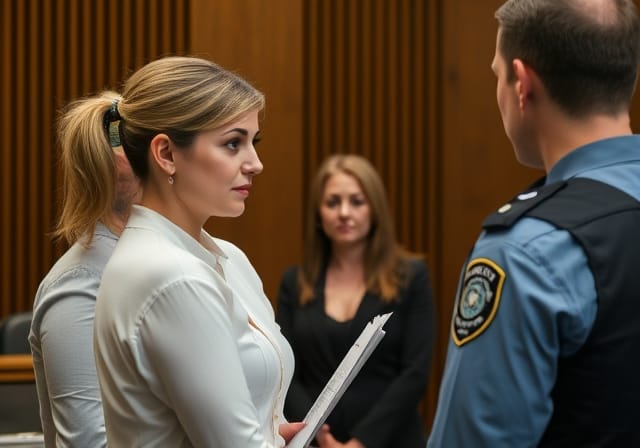
High court justices reverse lower court sanction on prosecutor for allowing misleading testimony in grand jury hearing
After two lower courts dismissed his case with prejudice, the Illinois Supreme Court in a 4-3 decision voted to continue prosecuting a man who says the State manipulated a grand jury to secure an indictment against him.
In an October 3 opinion, the justices reversed two lower courts that dismissed with prejudice, a two-count sexual assault indictment against the defendant, who argued that the prosecutor denied his due process by allowing a police detective, in response to a juror's question, to falsely testify that the defendant confessed to criminal sexual assault.
"[B]ased on the record before us, we simply cannot conclude, unequivocally, that prosecutorial misconduct affected the grand jury’s deliberations when the record is entirely unclear whether Kelly’s answer to the juror’s vague inquiry misled the inquiring grand juror or any of the other grand jurors in any way whatsoever," the justices wrote.
"The concepts of justice, due process, and a fair trial are not offended in any way by requiring defendant in this case to stand trial on the grand jury’s bill of indictment. The extreme sanction of dismissal of the indictment is not warranted."
Three of the panel of seven disagreed.
"[I]ncorrect information was presented to the members of the grand jury," the dissenting justices wrote. "The majority decision weakens the function of the grand jury as a shield against the State and condones cursory, perfunctory, and ill-prepared grand jury presentments."
The case
Daniel D. Basile told police detective Vince Kelly that when he drove Jane Doe home in 2019 after a night of bar hopping with their Rockville Police Department colleagues, where Basile worked as a police officer and Doe a civilian employee, Doe invited him over her house and into her bedroom.
In her interview, Doe told Kelly that she was too intoxicated to consent.
As the state's sole witness at the closed grand jury session, prosecutors directed Kelly to present statements from Doe and Basile, including a response to a juror in which Kelly advised the jury that Basile "told me he did," jurors voted in favor of issuing the two-count indictment against Basile.
The questioning went like this:
JUROR: “Besides that [Doe] said that this occurred, was there any other evidence that he actually did this to her?”
Detective Kelly answered that he did not completely understand the question.
JUROR: “You said that [Doe] was extremely intoxicated, correct?”
DETECTIVE KELLY: “Correct.”
JUROR: “How do we know that the person [Doe] claims did this to her did it to her?”
DETECTIVE KELLY: “He told me he did.”
JUROR: “That is all I needed to know.”
Rather than confessing to sexual assault, the video tape of Basile's interview with Kelly shows him advising Kelly that Doe was awake, invited him to her home, to her bedroom and consented multiple times. The prosecutor didn't seek to clarify Kelly's response.
In Illinois grand juries fulfil part of the accusatory stage of the criminal justice process. At the hearing a panel of 12 to 16 county residents listen to the prosecutor's side of the case to determine if there is probable cause to charge the accused person. But neither the defendant nor a lawyer for the defendant appear at the grand jury hearing to present their version of the facts.
Grand jury sessions aren't open to the public or the media. Only the grand jurors may be present during their deliberations and vote. If nine agree, they return a true bill of indictment.
Grand juries have long been criticized as a rubber stamp of the prosecuting attorney. But the high court says based on rules of evidence and criminal procedure, it's okay for the panel of grand jurors to hear only one side of the story at this stage of the case.
"Given its limited role, it has always been thought sufficient for the grand jury to hear only the prosecutor’s side when making its assessment of probable cause," the Illinois Supreme Court justices wrote in the ruling. "Its task is merely to assess whether there is adequate basis for bringing a criminal charge, subjecting a defendant to a criminal trial,"
After obtaining a true bill, prosecutors then write up the offenses. The grand jury foreperson signs the indictment and the state returns it in open court at arraignment. Thus begins a series of pre-trial hearings, a plea deal, a trial, an acquittal or a conviction.
In Illinois this process can take years.
The Reversal
In his complaint, Basile argued Kelly's remarks to the grand jury were misleading and led the jury to vote to indict.
Both a circuit court agreed and an appeals court agreed. Four out of seven justices didn't agree.
While expressing respect for the independence and the sanctity of the grand jury the majority on the high court minimized the juror's question and the detective's response on the outcome of the grand jury deliberations.
"The lone juror’s questions do not translate into evidence of reluctance of any of the other jurors to vote for a true bill of indictment based on Kelly’s testimony about Doe’s report of the alleged sexual assaults," they wrote. "Therefore, the record does not support a conclusion that the grand jury would not have indicted defendant but for Kelly’s answers to the single juror’s vague and uncertain questions."
With no case law to suggest otherwise, the justices rejected the notion that defendants should be able to claim prosecutorial misconduct based on scenarios where state prosecutors fail to clarify a witness statement following a witness's imprecise answer to a vague juror question.
"Ideally, the prosecutor or Kelly himself would have asked for additional clarification about the juror’s concern, but their failure to do so does not unequivocally establish that defendant would be denied due process if he stood trial on the grand jury’s bill of indictment."
The justices declined to use this case to clarify legal safeguards to state prosecution resulting from a prosecutor either being unprepared or intentionally presenting misleading statements to a grand jury.
"Defendant cites no reported case where an indictment is dismissed on due process grounds when the record is entirely uncertain whether any misleading testimony was given whatsoever, as is the case here," the justices wrote.
Dissenting justices said that the statement did impact the jury vote.
"The nature of Kelly’s answer shows that the grand jury would not have indicted but for Kelly’s answer," wrote Justice Mary K. O'Brien, joined by P. Scott Neville and Joy V. Cunningham. "The impact that defendant confessed to sexual assault when he in fact denied the conduct cannot be understated."
Dissenting justices said that prosecutors should prepare for grand jury proceedings and present only accurate information to assist the jurors in determining whether to indict. A prosecutor’s lack of familiarity is no excuse.
"At the very least, the State should correct inaccurate and misleading statements by its witnesses," the justices said."
